Demand for decentralised, packaged recycle plants set to increase
By Edit Team | December 2, 2019 7:32 am SHARE
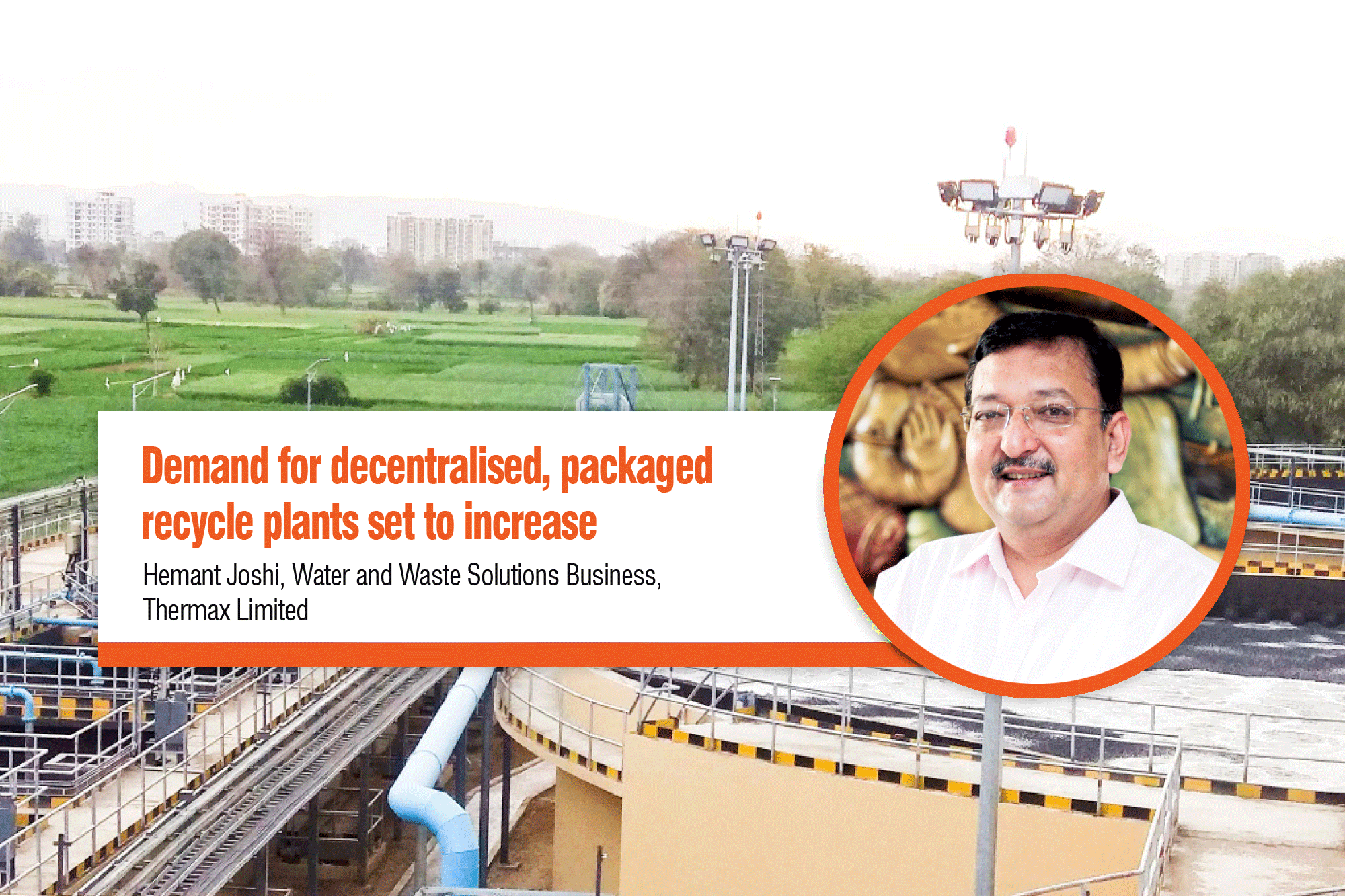
There is also a need to promote Decentralised Sewage Treatment Plants which should be made a mandatory requirement in the urban sector says Hemant Joshi, Water and Waste Solutions Business, Thermax Limited.
what is the opportunity for recycling sewage and conserving water in cities?
Many cities and industries have begun to recycle and reuse the sewage water to meet their needs. Nagpur is leading the efforts with recycling more than 90 per cent of the sewage water it generates, and now Noida is all set to outdo Nagpur by recycling 100 per cent of the sewage water generated in the city. This water would irrigate the green-belts and parks, saving millions of liters of water per day of fresh water. Mangalore SEZ & Udaipur has also already moved miles to recycle their sewage for industrial recycle and reuse. The demand for sewage recycle will increase in upcoming years as the awareness also increases for the importance of recycling.
Sewage is a resource that can be recycled for various uses like gardening, toilet flushing and car wash. It is relatively easier to treat and recycle sewage.
In fact, cities and countries like Brisbane, Singapore, Namibia and US states such as California are recycling wastewater for drinking. While the use of sewage for potable purposes is still to pick up in a big way globally, its use for non-potable ends worldwide is far more common.
Which technology is Thermax coming up which will support the vision for recycling in the urban sector?
In cities, the governments are focusing on mandating large upcoming real estate projects to have their own sewage treatment facilities. The demand for decentralised, packaged recycle plants are geared to increase. Thermax has recently developed a packaged sewage treatment plant called “BioCask” which can be fitted in basement height of 3.5m. The plant produces less than 5 BOD at the outlet without using ultrafiltration membranes hence reduction in both capital as well as operation cost at the same time producing high quality treated sewage which can be used for non-potable applications.
These systems reduce lifetime costs and occupy 1/5th of the space of any conventional system. These can be installed in basements and on terraces with the options of recycling, complete automation and connections to the municipal lines, facilitating sustainable solutions of decentralized sewage treatment and eventually local reuse of wastewater.
We have supplied advanced treatment technologies such as Membrane Bio-Reactors (MBRs) and Sequencing Batch Reactors (SBRs) in both, Industry and Urban sectors. We have now developed modularized plug-and-play MBRs and SBRs specifically for the infrastructure and urban segments.
These newly developed products, which are compact, skid-mounted Sewage Treatment Plants, have a capability of Nutrient Removal (Total Nitrogen and Total Phosphorous) as per updated CPCB and NGT norms, and can be installed in less than 3.5 meters, in a basement. The product comes with a PLC Panel eliminating any need of human intervention required while product operation. These are a few innovative breakthrough products Thermax has been working on.
How are the city-industry conjunctions in recycling water for use?
Due to water stress in many parts of India, opportunities are now coming up in Industry for recycling of sewage and industrial waste-waters. Industries are increasingly utilizing sewage as a source of raw water which otherwise flow to rivers, many a times untreated. Sewage is a resource that can be recycled for various uses like utility water, as well as for other applications like gardening and washing. Thermax has recently commissioned a 25 MLD sewage recycle plant for a leading non-ferrous major in Rajasthan,where the sewage from Udaipur City is recycled for process needs thereby, saving fresh water requirement and rejuvenating lakes and water bodies nearby. Similarly, a SEZ in south of India recycles the sewage and pump back the treated water for industrial use. This is an important and a unique example of industry-city partnership to saving water.
Do you see much growth for water companies? What are some of your recommendations to improve India’s water sector?
Though the regulations from the Pollution Control Boards have been made more stringent, there is a need to act and enforce these rules and regulation in all the industries for waste water disposal. Waste water recycle must also be made mandatory with Zero Liquid Discharge concepts promoted across industries. There is also a need to promote Decentralised Sewage Treatment Plants which should be made a mandatory requirement in the urban sector. Sea water desalination solutions has to be promoted in water scarce regions. I expect to see major advances on these growth opportunities for water and waste water treatment, and the water industry as a whole. There is a lot done, but a lot more to be done. It is upon the present generations to conserve the most valued resource we have on our planet – Water.
Hemant Joshi,
Water and Waste Solutions Business,
Thermax Limited
Cookie Consent
We use cookies to personalize your experience. By continuing to visit this website you agree to our Terms & Conditions, Privacy Policy and Cookie Policy.




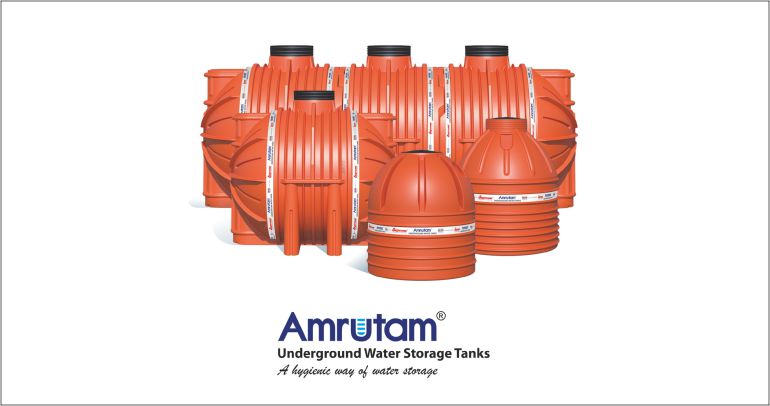

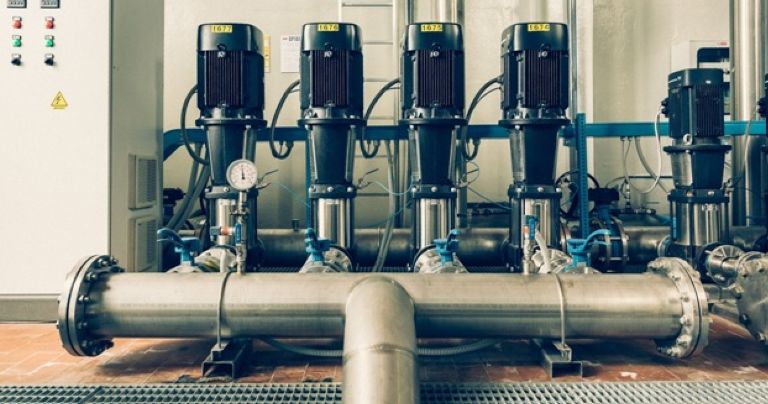
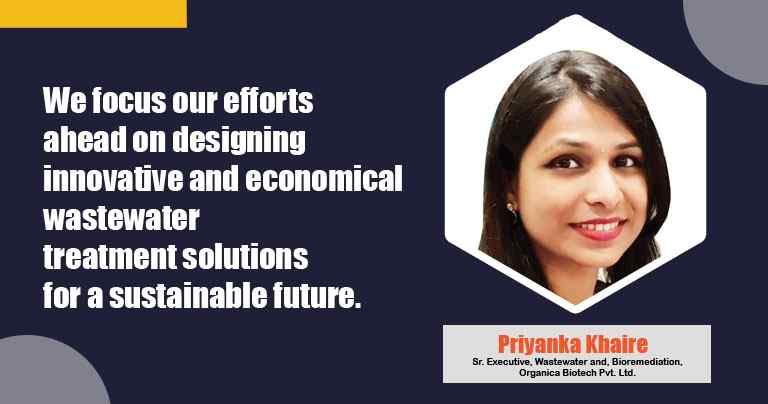
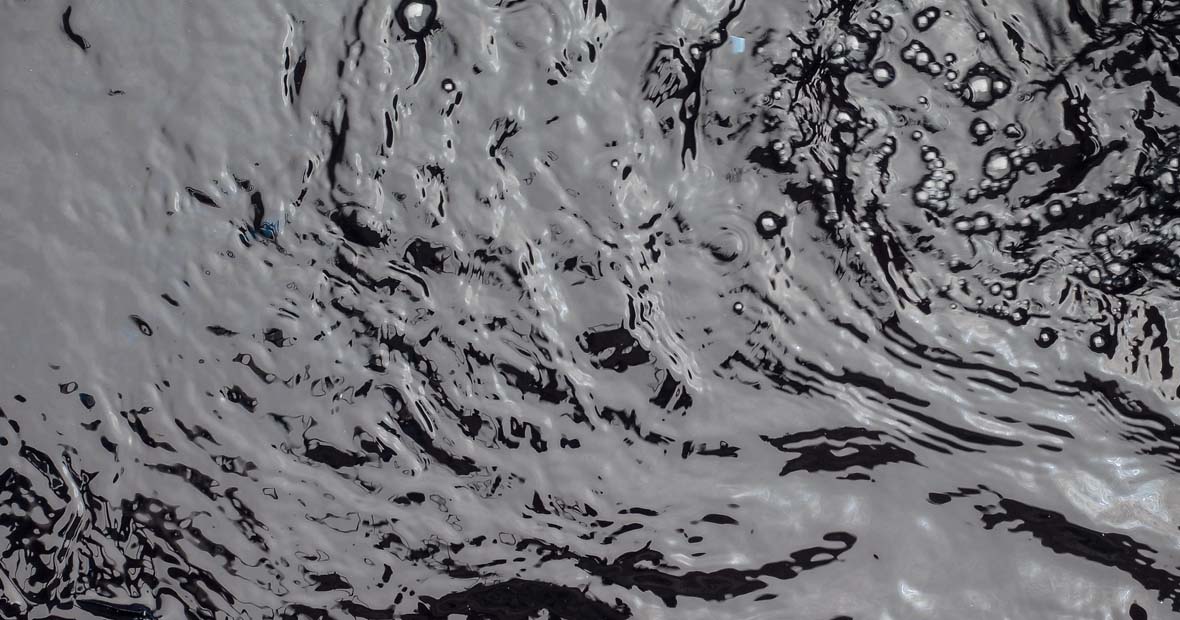



























-20240213125207.png)

























